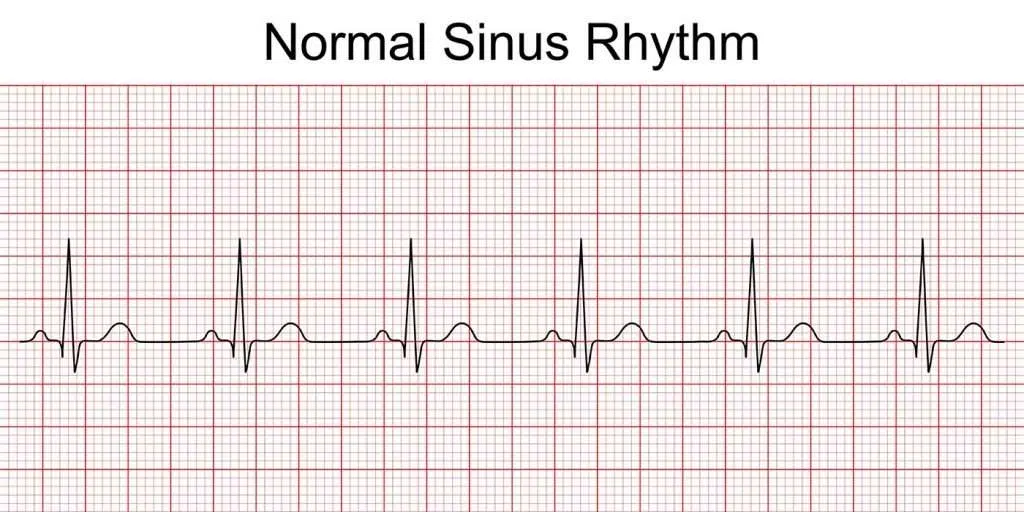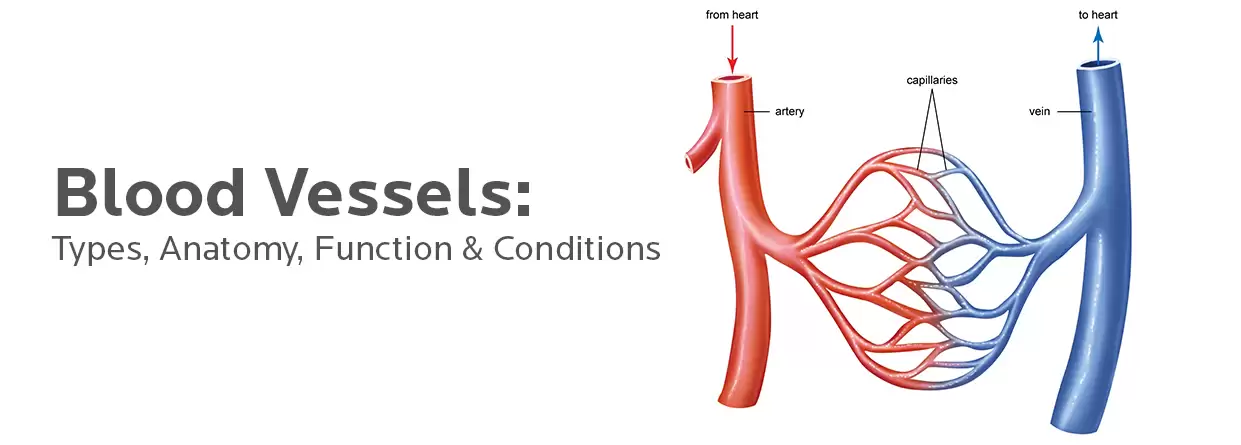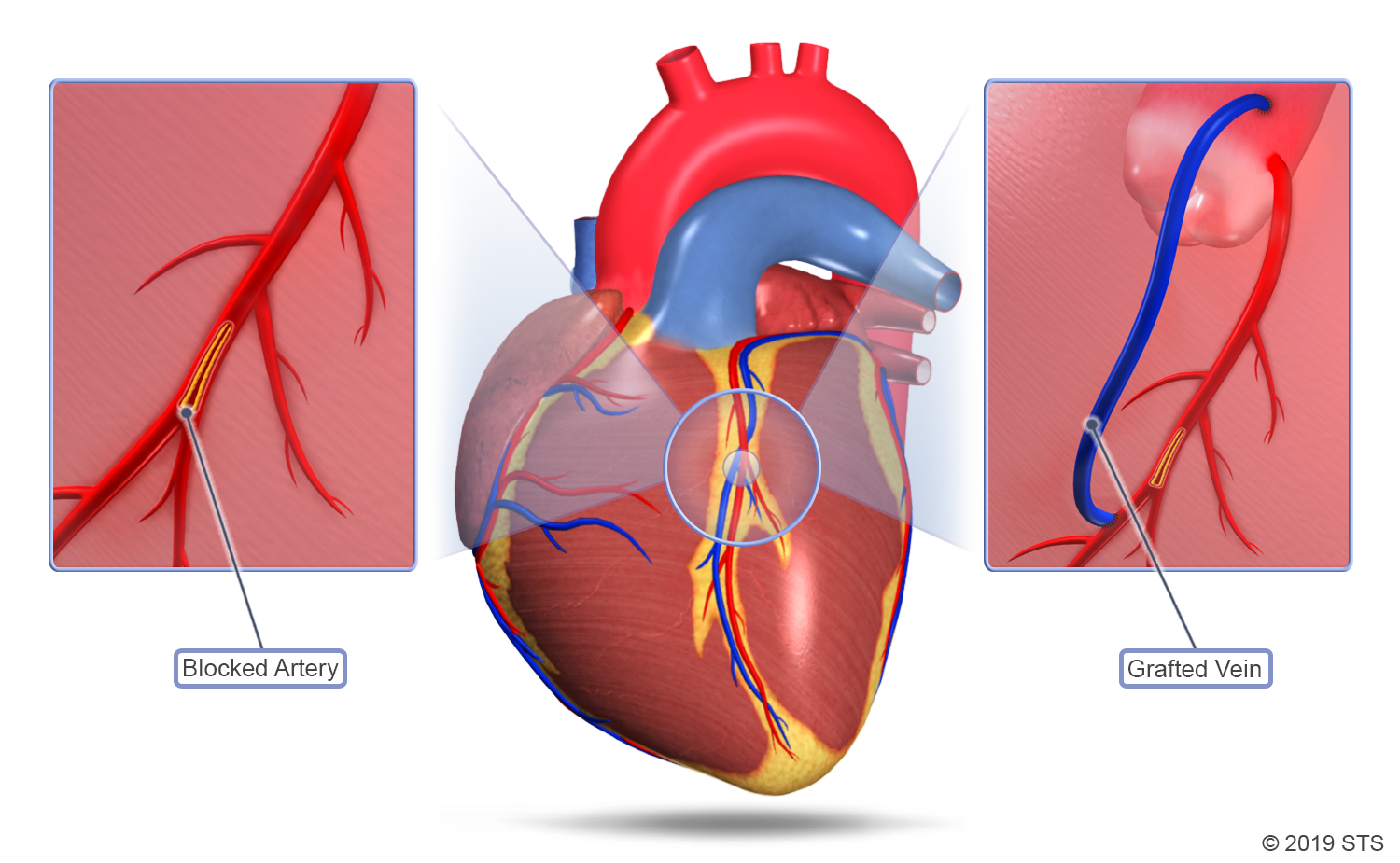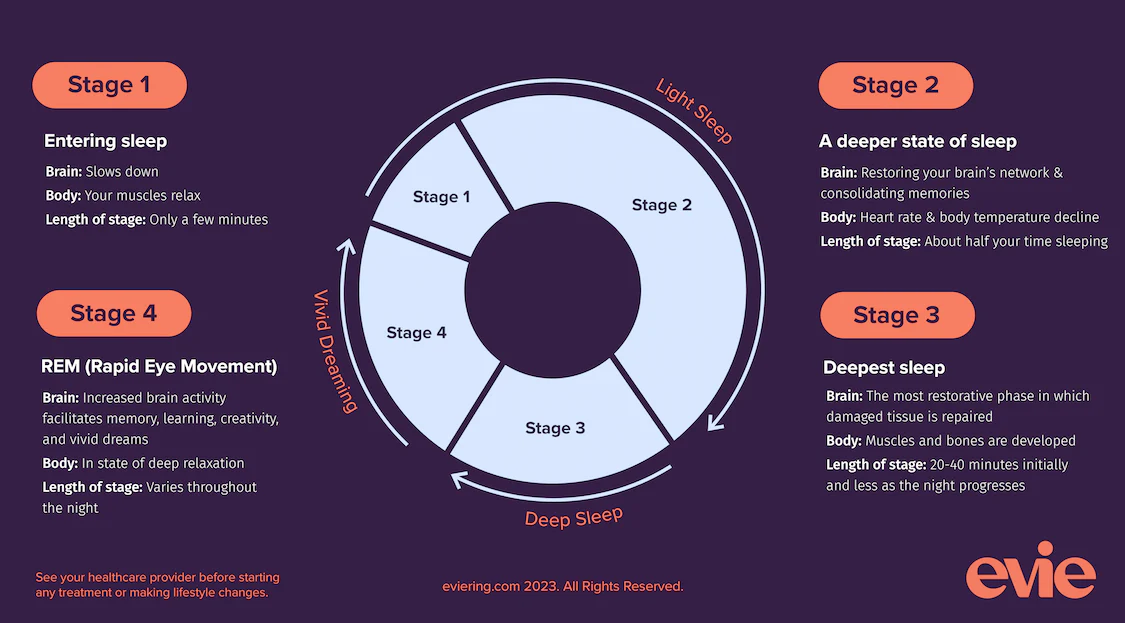An electrocardiogram (ECG or EKG) is a non-invasive test that records the electrical activity of your heart. It’s a valuable tool for diagnosing and monitoring various heart conditions.
How Does an ECG Work?
During an ECG, electrodes are placed on your chest, arms, and legs. These electrodes detect the electrical signals that control your heart’s rhythm. The signals are then displayed on a graph, which helps your doctor identify any abnormalities.
What Can an ECG Show?
An ECG can help diagnose and monitor various heart conditions, including:
- Arrhythmias: Irregular heart rhythms, such as atrial fibrillation or ventricular tachycardia.
- Heart attacks: Damage to the heart muscle caused by a blockage in a coronary artery.
- Heart enlargement: An enlarged heart can be a sign of heart failure or other underlying conditions.
- Heart valve problems: Leaky or narrowed heart valves.
- Electrolyte imbalances: Imbalances in minerals such as potassium or magnesium can affect heart rhythm.
Types of ECGs
- Resting ECG: A standard ECG performed while you are resting.
- Stress ECG: An ECG performed during exercise or after taking medication to stress the heart.
- Holter monitor: A portable device that records your heart’s rhythm for 24 to 48 hours.
- Event recorder: A device that records your heart’s rhythm when you press a button to indicate symptoms.
Preparing for an ECG
There are no special preparations needed for a resting ECG. However, if you are having a stress ECG, you may need to fast for several hours before the test.
The ECG Procedure
An ECG is a painless and quick procedure that typically takes only a few minutes. You will be asked to lie down while the electrodes are placed on your body.
Results of an ECG
Your doctor will review the ECG results and discuss them with you. The ECG can help your doctor diagnose heart conditions and determine the best course of treatment.
ECGs are a valuable tool for evaluating your heart health. If your doctor recommends an ECG, it’s important to follow their instructions and ask any questions you may have.



